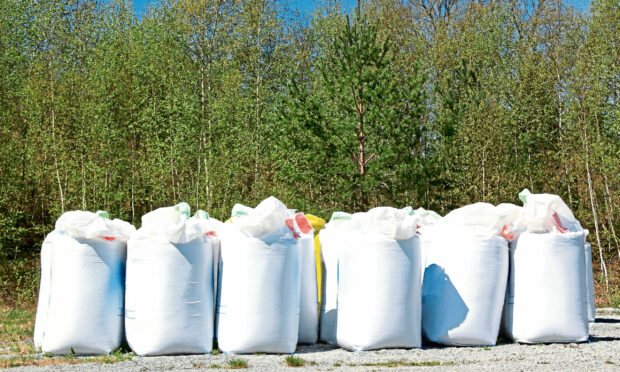The European Commission has committed itself to the publication of a road map to tackle the problems linked to fertiliser availability and price.
It claims high costs have already reduced use by up to 20% for some enterprises, meaning the effect on yields is already threatening food security.
Its road map will look at ways to make Europe less reliant on imported ingredients and encourage more precision farming techniques to maximise fertiliser efficiency.
A separate document, due to be published in the new year, will look at all the drivers of food security.
With an estimated 70% of European fertiliser production capacity halted because of high gas prices, this initiative has been welcomed by the farming and fertiliser industries.
However Fertiliser Europe, the industry trade body, says the issue is not the delivery of a green solution but the need for a long-term, viable way to reduce dependence on Russia for ingredients and gas.
Radical action needed
Meanwhile, supporters of radical action to protect bees have collected sufficient signatures to force the Commission to consider action.
The Europe Citizens’ Initiative means the Commission has to consider policy change, but does not necessarily have to implement it. The threshold for an initiative document is a million signatures from at least seven member states.
This example may have greater success than past initiatives because some of the thinking reflects the commission’s own policies.
The document calls on the European Commission to phase out all synthetic pesticides by 2035 to restore biodiversity. It also asks for new policies to support farmers through the transition. Brussels has until April 2023 to reply.
Elsewhere, finance and agriculture ministers from the G20 developed economies met in Washington to discuss food security.
The United Nations Food and Agriculture Organisation (FAO) warned delegates that without radical action, today’s food access crisis could become a global food availability crisis, with only those with deep pockets able to avoid it.
Inevitably, solutions were seen in green and socially acceptable outcomes rather than any expansion of productive, technical agriculture.


Conversation